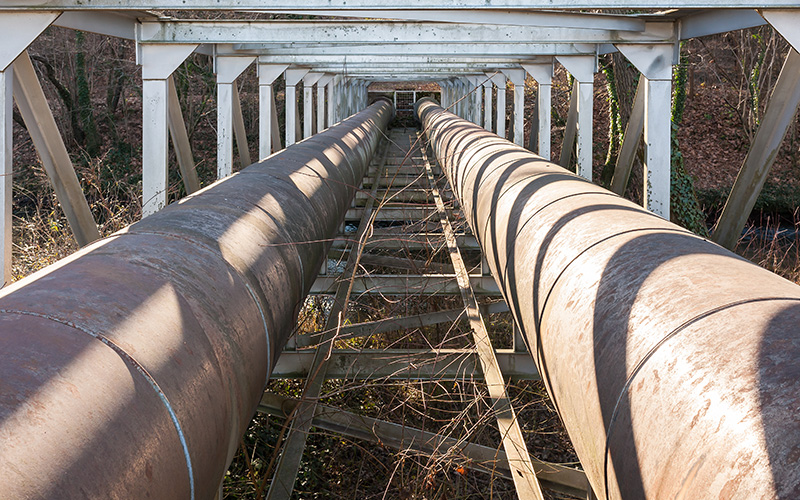
When hurricanes Katrina, Andrew and Harvey caused mass destruction and devastation throughout the South, they brought the phrase septic system failure to the forefront. For almost everyone in cities affected by extreme weather, widespread septic system failure often leads to long-term health issues for many of the storm’s victims.
Fortunately — for most homeowners and business owners — health concerns due to septic system failure on a smaller scale remain preventable. While most cases never touch the scale of natural disasters, they need immediate attention.
Maintaining a clean and healthy septic system creates a hygienic environment for everyone. Broken pipes or faulty septic components cause more than damage to your home — it can seriously damage to your health. In addition, the parasites, bacteria, viruses and contaminants that pollute wastewater make contact dangerous for humans.
Coming in contact with physical sewage should never be taken lightly. Raw sewage exposure remains one of the primary causes of Hepatitis A and E. Coli. These diseases have long lasting and harsh effects on your body, including possible liver damage. Raw sewage also contributes to the growth of fungi,causing skin, eye and respiratory infections.
Broken septic systems leaks gasses into your home. Sulfide gas — a common septic emission — causes mouth, nose and throat irritation. Prolonged exposure to this gas and others leads to lung damage.
The clear signs of septic system failure — standing sewage or water and strong odors — rarely go unnoticed. However, the small signs also warn you that you might need service to your system. These signs include water and sewage from toilets, drains and sinks backing up into the home and slow drains in your as bathtub, shower or sink.
For more information about septic system failure from the experts at Shoreline Septic please contact us here or call us directly at 800.937.5667.



